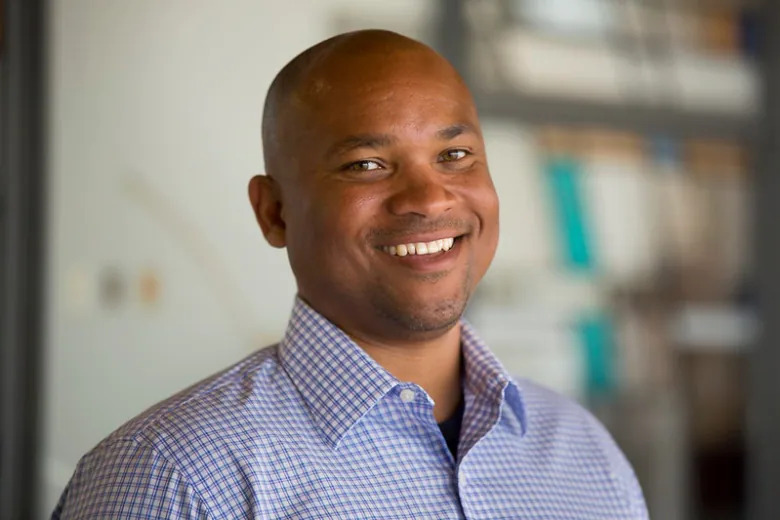
Robohub.org
Chad Jenkins’ talk – That Ain’t Right: AI Mistakes and Black Lives (with video)

In this technical talk, Chad Jenkins from the University of Michigan posed the following question: “who will pay the cost for the likely mistakes and potential misuse of AI systems?” As he states, “we are increasingly seeing how AI is having a pervasing impact on our lives, both for good and for bad. So, how do we ensure equal opportunity in science and technology?”
Abstract
It would be great to talk about the many compelling ideas, innovations, and new questions emerging in robotics research. I am fascinated by the ongoing NeRF Explosion, prospects for declarative robot programming by demonstration, and potential for a reemergence of probabilistic generative inference. However, there is a larger issue facing our intellectual enterprise: who will pay the cost for the likely mistakes and potential misuse of AI systems? My nation is poised to invest billions of dollars to remain the leader in artificial intelligence as well as quantum computing. This investment is critically needed to reinvigorate the science that will shape our future. In order to get the most from this investment, we have to create an environment that will produce innovations that are not just technical advancements but will also benefit and uplift everybody in our society. We are increasingly seeing how AI is having a pervasing impact on our lives, both for good and for bad. So, how do we ensure equal opportunity in science and technology? It starts with how we invest in scientific research. Currently, when we make investments, we only think about technological advancement. Equal opportunity is a non-priority and, at best, a secondary consideration. The fix is simple really — and something we can do almost immediately: we must start enforcing existing civil rights statutes for how government funds are distributed in support of scientific advancement. This will mostly affect universities, as the springwell that generates the intellectual foundation and workforce for other organizations that are leading the way in artificial intelligence.This talk will explore the causes of systemic inequality in AI, the impact of this inequity within the field of AI and across society today, and offer thoughts for the next wave of AI inference systems for robotics that could provide introspectability and accountability. Ideas explored build upon the BlackInComputing.org open letter and “Before we put $100 billion into AI…” opinion. Equal opportunity for anyone requires equal opportunity for everyone.
Biography
Odest Chadwicke Jenkins, Ph.D., is a Professor of Computer Science and Engineering and Associate Director of the Robotics Institute at the University of Michigan. Prof. Jenkins earned his B.S. in Computer Science and Mathematics at Alma College (1996), M.S. in Computer Science at Georgia Tech (1998), and Ph.D. in Computer Science at the University of Southern California (2003). He previously served on the faculty of Brown University in Computer Science (2004-15). His research addresses problems in interactive robotics and human-robot interaction, primarily focused on mobile manipulation, robot perception, and robot learning from demonstration. Prof. Jenkins has been recognized as a Sloan Research Fellow and is a recipient of the Presidential Early Career Award for Scientists and Engineers (PECASE). His work has also been supported by Young Investigator awards from the Office of Naval Research (ONR), the Air Force Office of Scientific Research (AFOSR) and the National Science Foundation (NSF). Prof. Jenkins is currently serving as Editor-in-Chief for the ACM Transactions on Human-Robot Interaction. He is a Fellow of the American Association for the Advancement of Science and Association for the Advancement of Artificial Intelligence, and Senior Member of the Association for Computing Machinery and the Institute of Electrical and Electronics Engineers. He is an alumnus of the Defense Science Study Group (2018-19).
Featuring Guest Panelist: Sarah Brown, Hadas Kress-Gazit, Aisha Walcott
The next technical talk will be delivered by Raia Hadsell from DeepMind, and it will take place on March 26 at 3pm EST. Keep up to date on this website.
tags: c-Politics-Law-Society





